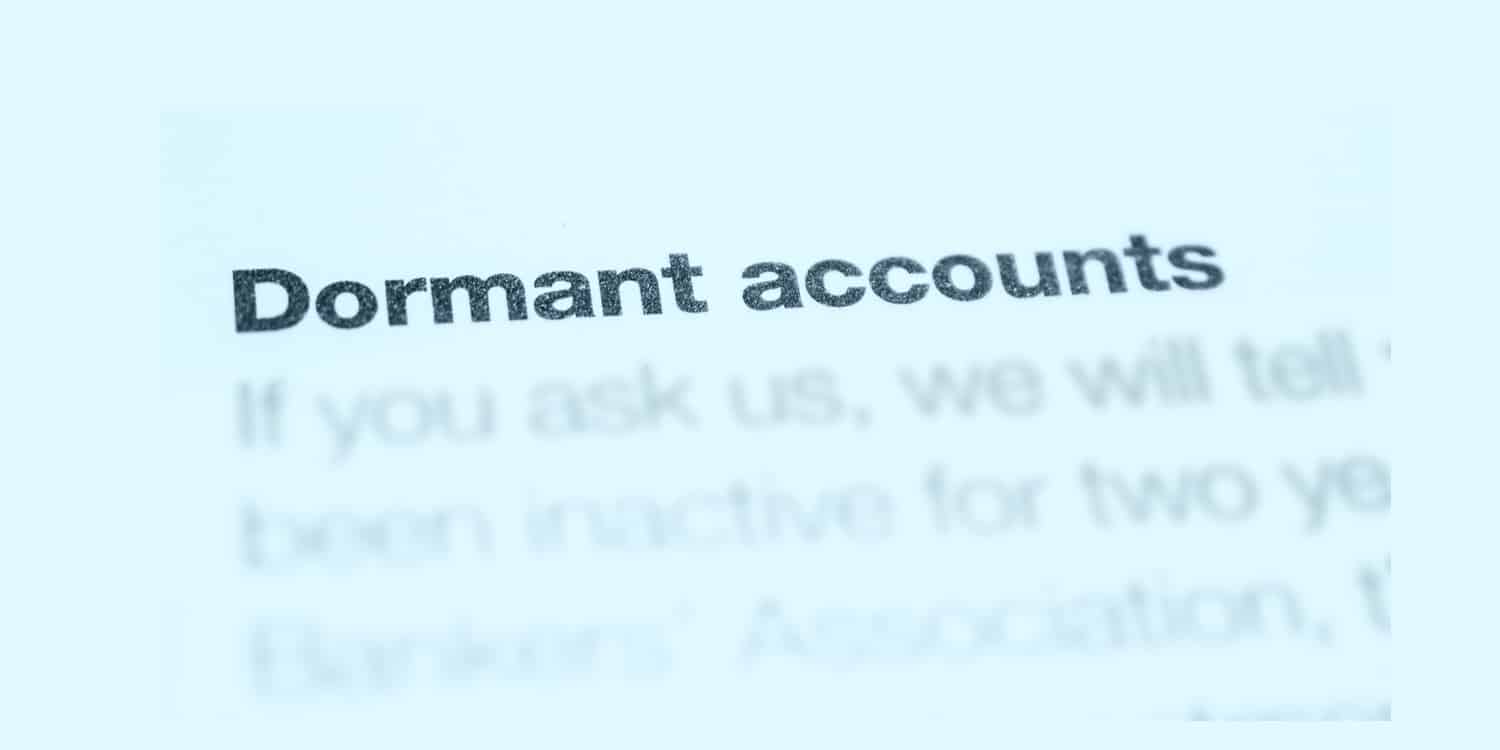
Understanding Dormant Company Accounts: What You Need to Know
Dormant company accounts may seem like a minor concern, especially if you’re not actively trading. However, understanding what dormant company accounts are, why they matter, and how to manage them properly is crucial for any business owner in the UK. Failing to meet the legal requirements can lead to penalties, fines, and even the risk of your company being struck off the Companies House register.
In this article, we’ll explore everything you need to know about dormant company accounts, from their definition to the common mistakes to avoid.
LEARN MORE: Dormant Company Accounts: Why You Shouldn’t Ignore Them and How We Can Help
What is a Dormant Company?
A company is classified as “dormant” if it has had no significant financial transactions during the financial year. This means that the company is not engaged in any trading activities, doesn’t generate income, and doesn’t incur expenses that would typically be entered into the company’s accounting records.
However, certain transactions, such as payment for shares when the company was formed, filing fees to Companies House, or penalties for late filing, do not count as significant financial transactions.

Why Do Companies Become Dormant?
There are several reasons why a company may become dormant:
- Start-up Phase: Some companies are registered but remain dormant until the business is ready to launch.
- Protection of a Company Name: A business might register a company to protect the name without any immediate intention of trading.
- Business Pauses: A business may need to take a temporary break from trading due to market conditions or other strategic reasons.
- Tax Efficiency: Some companies may remain dormant to benefit from certain tax advantages or to reduce tax liabilities.
Legal Requirements for Dormant Companies
Even though a dormant company is not actively trading, there are still legal obligations that must be met:
- Filing Dormant Company Accounts: Dormant companies are required to file accounts with Companies House. These accounts are typically simpler than those for active companies and consist of a balance sheet with few details.
- Confirmation Statement: A dormant company must submit an annual confirmation statement to Companies House, confirming that the information held about the company is up to date.
- Corporation Tax: Dormant companies are generally exempt from corporation tax but must inform HMRC of their dormant status. However, if the company becomes active, you must notify HMRC within three months and begin paying corporation tax.
- Registered Office: The company must maintain a registered office address in the UK and keep it up to date.
Common Mistakes to Avoid with Dormant Company Accounts
- Failing to File on Time: One of the most common mistakes is not filing dormant company accounts or the confirmation statement on time. Late filing can result in penalties and legal action from Companies House.
- Incorrectly Classifying the Company: Some companies incorrectly classify themselves as dormant when they have had significant financial transactions. This can lead to penalties and the need to resubmit accounts.
- Ignoring Changes in Company Status: If a dormant company becomes active, it’s essential to inform HMRC and Companies House promptly to avoid penalties and ensure compliance with tax obligations.
- Neglecting Administrative Duties: Even though the company is dormant, you must still maintain accurate records and ensure all legal requirements are met annually.

How CANGAF Can Help
At CANGAF Accountants, we understand the complexities of managing dormant company accounts and the importance of meeting all legal obligations. Our experienced team can assist you in:
- Filing Dormant Accounts: We’ll ensure your accounts are filed accurately and on time, helping you avoid any potential fines or penalties.
- Maintaining Compliance: We keep track of your filing deadlines and help you stay compliant with all Companies House and HMRC requirements.
- Transitioning to Active Status: If you decide to reactivate your company, we can guide you through the process, ensuring that you meet all the necessary legal and tax obligations.
- Consultation and Advice: Whether you’re unsure about your company’s status or need advice on the best course of action, our team is here to help.
Contact Us Today
- Address: 235 Tonge Moor Road, Bolton BL2 2HR
- Email: info@cangafltd.com
- Phone: 01204 859315
- Website: www.cangafltd.com
Let CANGAF Accountants take the stress out of managing your dormant company accounts. Contact us today to learn more about how we can assist you in maintaining compliance and ensuring your company’s long-term success.
